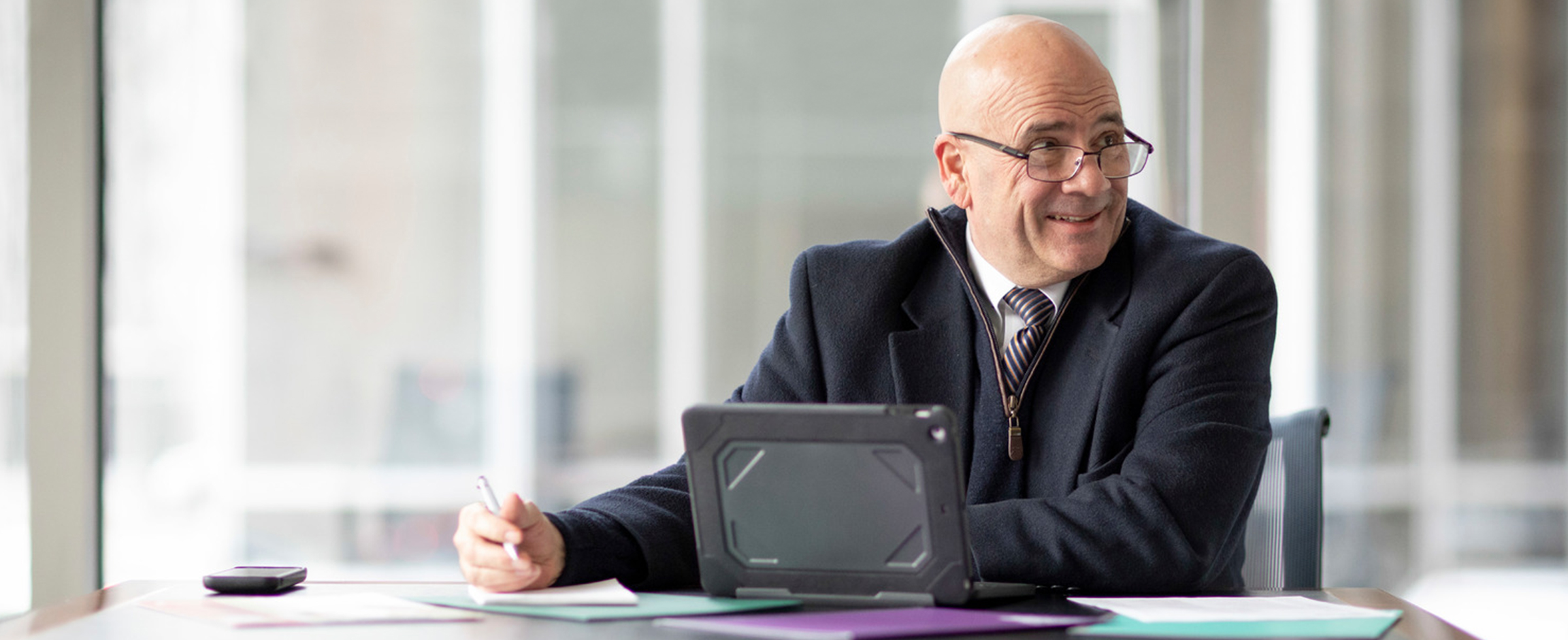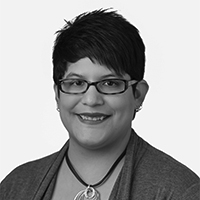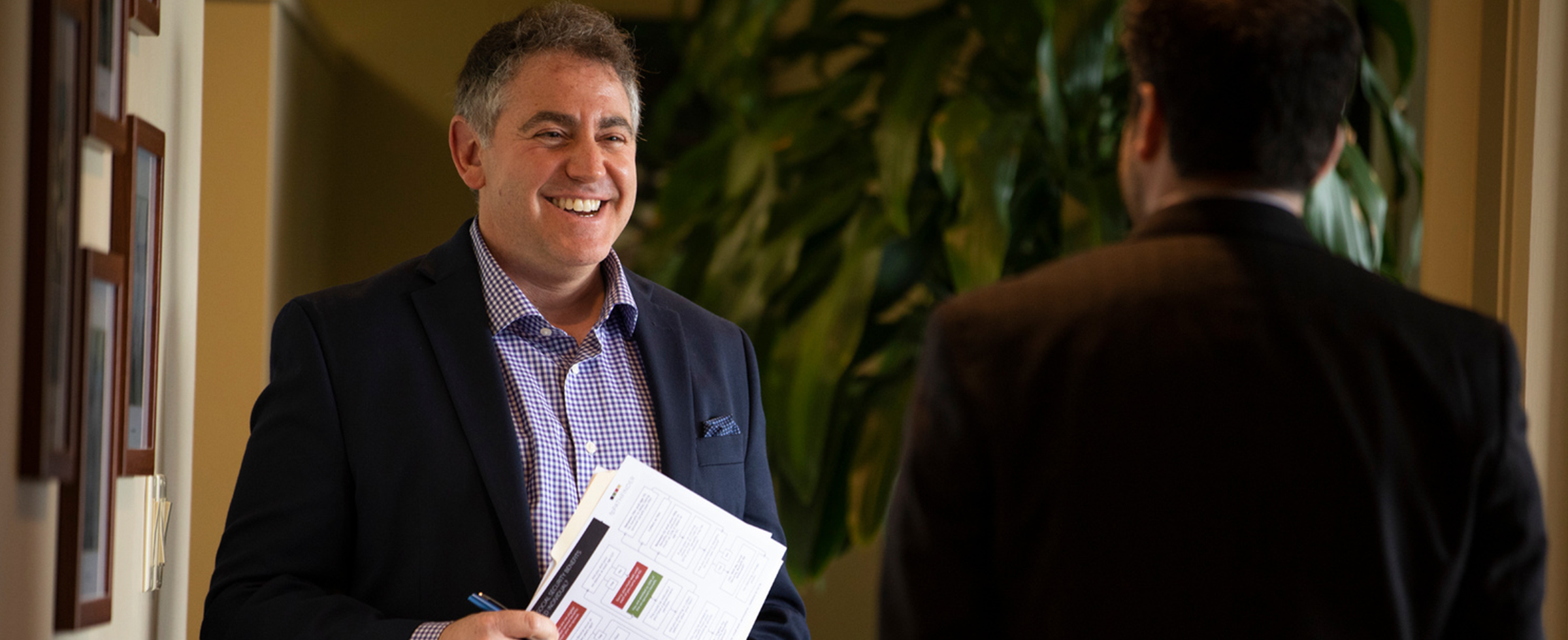Financing a cure

JIM BECK and his twin sister were born into a family that had been marked by terrible loss, and what he learned would profoundly affect the direction of his life, even to the point of embracing medical research in his personal philanthropy.
On Christmas Day 1951, six years before Jim was born, the family’s second child, Bobby, died of leukemia at age 4. Though the disease had been named by a physician in 1899, treatment was still not widely available in the 1950s, and few people survived leukemia in those days.
When Jim and his twin arrived in 1957 to join two older brothers, the family had begun to work around the loss of Bobby and carve out a home life in Butler County. Jim’s parents went on to have another daughter. Each of the Beck children noted the effect Bobby’s death had on their parents, even years later, and their experience with that explains in part why Beck and each of his four siblings are involved in philanthropy.
As a senior vice president at Hefren-Tillotson, and an approved third-party manager with The Pittsburgh Foundation, Beck, CFP®, CAP®, identifies himself as committed to philanthropy and takes pleasure in helping clients shape their charitable gift-giving and philanthropic efforts.
Offering his expertise as a financial advisor, Beck has served as a national board member of the Leukemia & Lymphoma Society and has devoted much of his adult life to fundraising for the organization. His philanthropy also helps him guide his clients with their giving.
“I help them prioritize and decide how to fit charitable gifts into their plans, because so many people want to give,” Beck says. “We all work hard, but not everybody goes from rags to riches and can give millions. Still, even those who don’t think they have the means to give might be surprised to learn that they can. When you’re successful, it’s incumbent upon you to give back to society in some way.”
For Beck and his four siblings, philanthropy began with their parents, who encouraged generosity. The John and Frances Beck Family Foundation was founded as a private foundation after Frances’s death in 2001. It was made part of The Pittsburgh Foundation in 2013.
In the nearly two decades that the Beck Fund has been operating, more than $972,000 in grants have been made to numerous organizations, including medical research grants to the Leukemia & Lymphoma Society, Children’s Hospital of Pittsburgh Foundation for depression research and Juvenile Diabetes Research Foundation International. The fund has also supported food banks, veterans’ services and churches. In 2015, members of the Beck family were part of the Foundation’s Alzheimer’s and Dementia Impact Giving Circle, which raised $80,000.
Mary Jane Ritter, the youngest of the siblings, says the way the fund is set up allows the five of them to maintain contact and work together. Each quarter, they have a conference call to decide, as a group, where money goes. They also each have a set amount for their individual interests. She says the collaborative way in which she and her brothers and sister manage the fund would make her father proud.
We all work hard, but not everybody goes from rags to riches and can give millions. Still, even those who don’t think they have the means to give might be surprised to learn that they can.
--JIM BECK
“Dad was president of a subsidiary of Pennzoil and was very involved with the community and very generous,” Ritter says. “It’s a privilege for us to be able to put the money our parents left us to good use.”
For Jim Beck, philanthropy comes down to dreaming about what is possible and trying to make it reality, particularly when he’s recommending The Pittsburgh Foundation to his clients.
He recalls that in one of his first meetings with a client and the Foundation’s executive vice president, Yvonne Maher, the client was interested in funding a golden retriever guide dog program. “Yvonne asked my client, ‘What do you want to fund when we cure blindness?’ And that was so striking. It showed me how forward-thinking philanthropy is.”
What about when cures are found for leukemia and lymphoma? Beck says he would focus on funding research to develop vaccines for blood cancers and other solid tumor cancers.
“I’d watch my mom cry at Christmas, and if there is any way I can keep that from happening to some other young mother, I’m willing to give a lot.”
Original story appeared in the Forum Quarterly Spring 2019.




